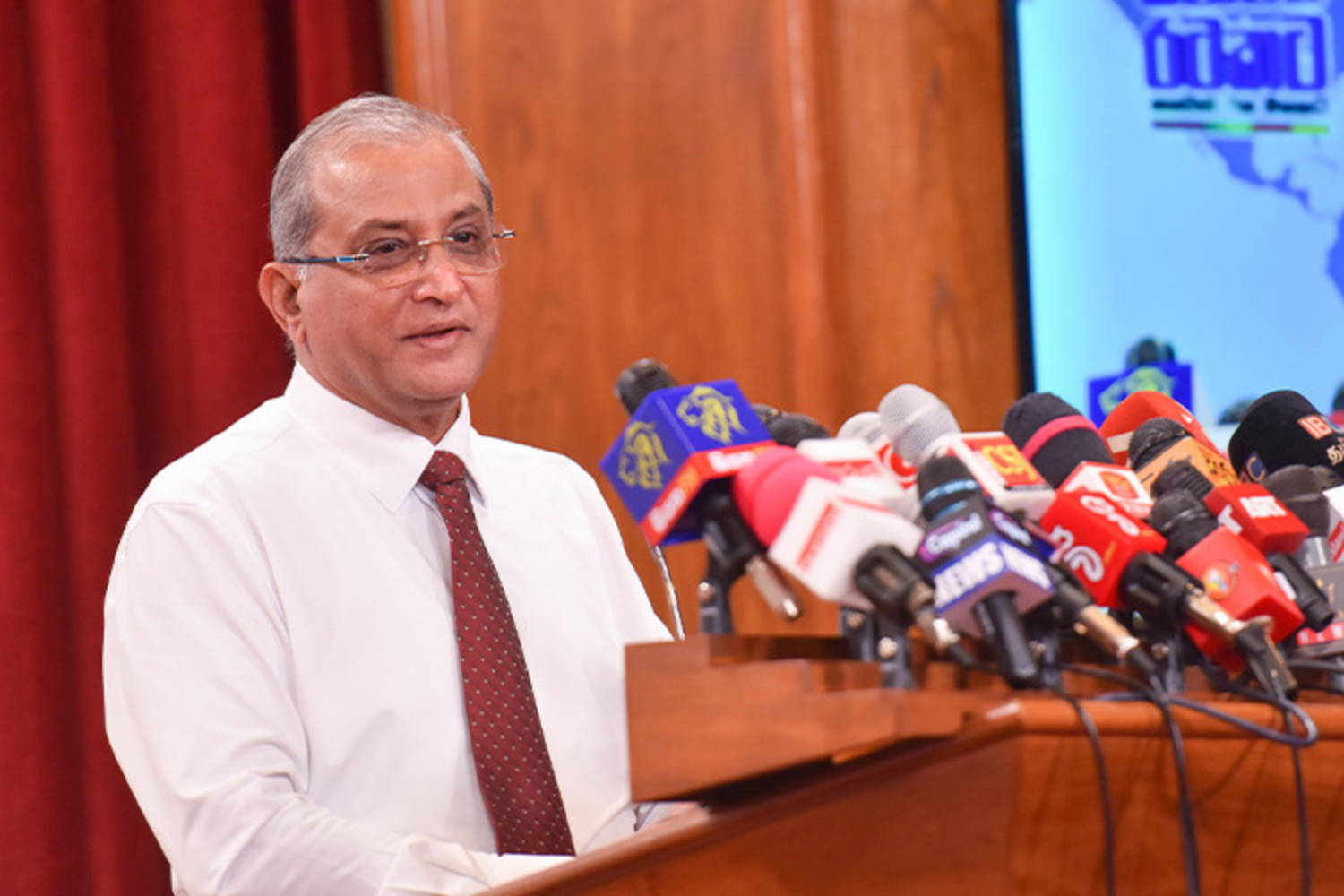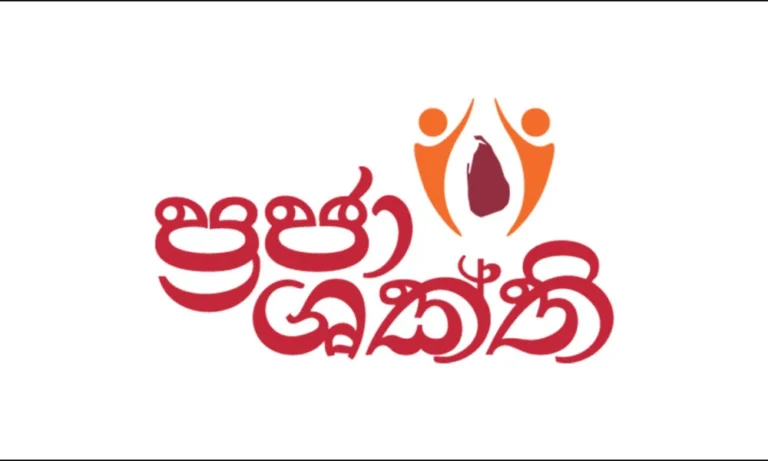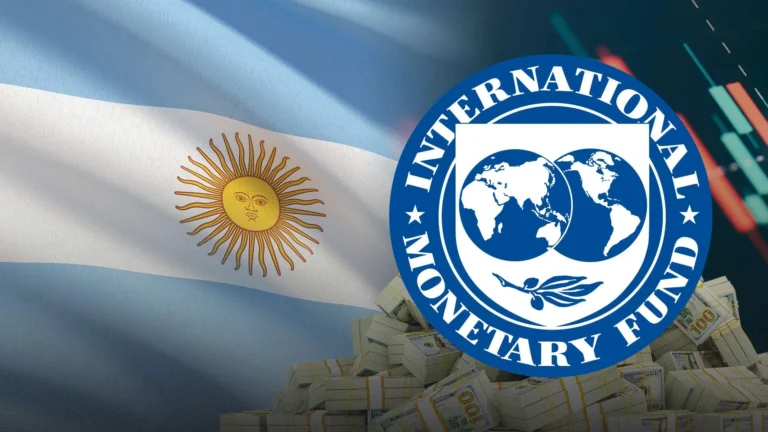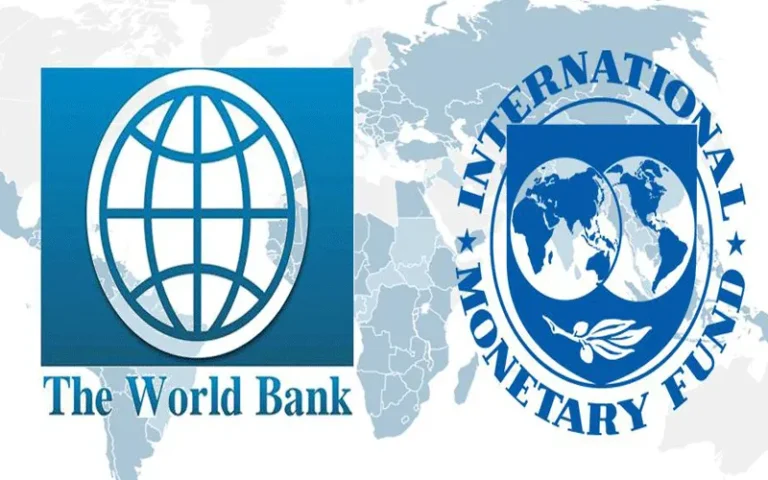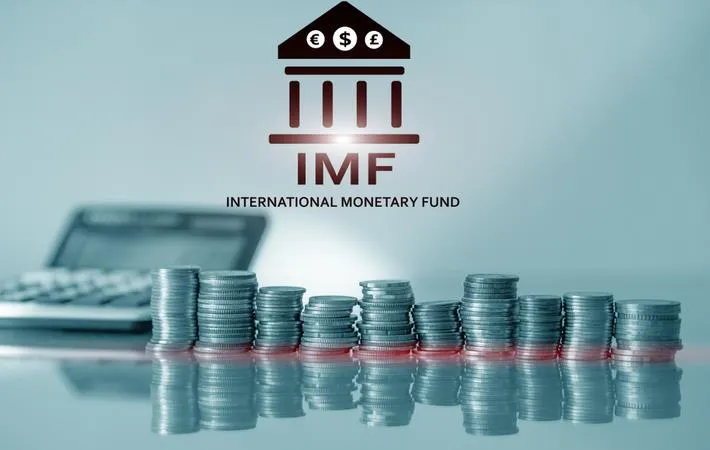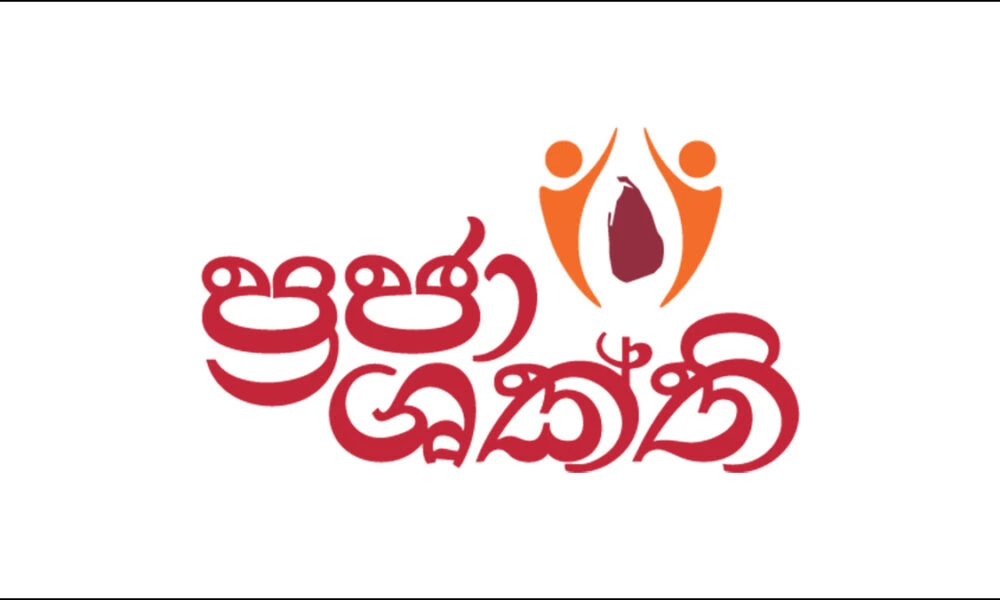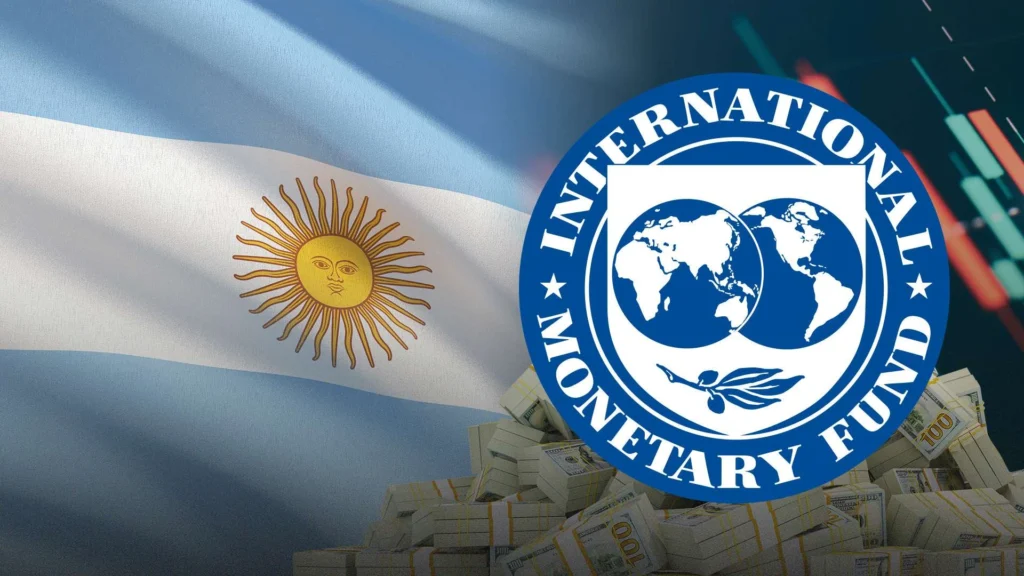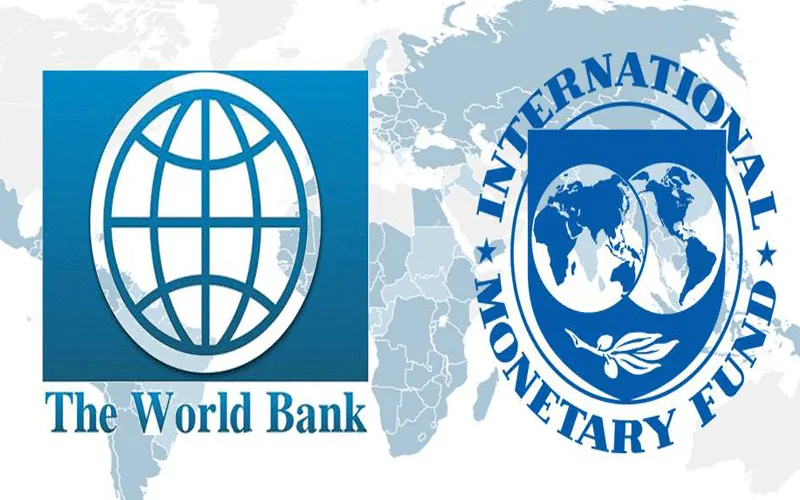Sri Lanka’s public service, the backbone of the nation’s governance, has long grappled with the issue of salary disparities. These imbalances have not only led to dissatisfaction among government employees but have also sparked numerous trade union protests over the years. In response to this critical issue, the Expert Committee on Public Service Salary Disparities, under the leadership of Chairman Udaya R. Seneviratne, has presented a series of proposals aimed at rectifying these disparities and establishing a more equitable compensation structure for all public servants.
Understanding the Current Salary Structure
The salary structure within Sri Lanka’s public service has evolved over decades, often influenced by political considerations and economic constraints. However, despite various reforms, significant disparities remain, particularly between different service categories and levels of responsibility. These disparities have created a sense of inequity among public servants, leading to low morale and inefficiencies within the public sector.
Primary-level service categories, such as clerks, technical officers, and support staff, have been particularly disadvantaged, with their basic salaries lagging behind those of higher-level officials. This has not only affected their standard of living but has also led to a lack of motivation and productivity. On the other hand, higher-level officials, while receiving relatively better compensation, still feel the pinch of inflation and rising living costs, which their salaries have not adequately addressed.
The Need for Comprehensive Reform
The committee’s proposals come at a time when there is a growing recognition of the need for comprehensive reform within the public service. The primary focus of these reforms is to address the salary disparities that have long plagued the sector. By doing so, the government aims to create a more motivated and productive workforce, which is essential for the effective delivery of public services.

One of the key components of the proposal is a significant increase in the basic salaries of public service employees. For primary-level service categories, the basic salary is set to see a minimum increase of 24%. This increment is a much-needed relief for these employees, who have struggled with inadequate compensation for years. For other government officials, salary increments will range from 24% to 50%, depending on the current fiscal feasibility. This approach ensures that salary adjustments are sustainable and aligned with the government’s financial capacity.
A Gradual Approach to Salary Increases
The proposed salary increases are designed to be implemented gradually. This phased approach is crucial in ensuring that the financial burden on the government is manageable while still delivering the necessary relief to public servants. By gradually implementing these increments, the government aims to minimize the financial strain on the economy and avoid triggering inflationary pressures that could offset the benefits of the salary increases.
The gradual approach also allows for continuous assessment and adjustment of the salary structure to ensure that it remains fair and equitable. This flexibility is essential in responding to the dynamic economic environment and the evolving needs of public servants.
The Role of the Cost of Living Allowance
In addition to the salary adjustments, the committee has also proposed maintaining a cost of living allowance (COLA) of Rs. 25,000 for all government employees. This allowance, which will remain unchanged for three consecutive years starting from January 2025, is designed to provide a buffer against the effects of inflation and rising living costs.

The decision to keep the COLA steady for three years reflects a cautious approach to fiscal management. By setting 2025 as the base year, the government can ensure that public servants have a reliable and predictable source of income to meet their basic needs, even as the country navigates economic uncertainties. This measure is particularly important given the current economic challenges faced by Sri Lanka, including high inflation and a volatile currency.
Addressing Past Protests and Ensuring Fairness
The proposals put forth by Mr. Seneviratne and his committee are not just about numbers—they are a response to the voices of public servants who have long felt marginalized. Past trade union protests within the public service have highlighted deep-rooted concerns about wage disparities and the need for a more equitable salary structure.
These protests have underscored the urgency of addressing salary disparities to restore trust and confidence among public sector employees. By addressing these disparities head-on, the government is taking a significant step towards rebuilding this trust(Salary Disparities). The proposals have already received approval from both the Cabinet and the Treasury, signaling a unified commitment to improving the welfare of public servants.
A Commitment Beyond Politics
One of the most notable aspects of Mr. Seneviratne’s remarks is the emphasis on the non-political nature of the salary adjustments. Regardless of which government is in power, there is a pressing need to ensure that public servants are fairly compensated for their work. This approach underscores the importance of prioritizing the welfare of government employees over political considerations.
By framing the salary adjustments as a collective path to a stable country, the committee and the government are sending a clear message: the well-being of public servants is integral to the nation’s overall stability and progress(Salary Disparities). A content and motivated public service workforce is essential for delivering effective governance and public services, which in turn, contributes to the country’s long-term development.
Looking Ahead: The Implementation of the Proposals
As these proposals move towards implementation, they have the potential to not only resolve salary disparities but also to enhance the overall morale and productivity of the public service(Salary Disparities). The gradual approach to salary increases, combined with the steady COLA, provides a balanced solution that takes into account the government’s fiscal constraints while still delivering meaningful improvements in compensation for public servants.
The successful implementation of these proposals will depend on the government’s commitment to maintaining fiscal discipline and ensuring that the necessary resources are allocated to support the salary increases. It will also require ongoing dialogue with public servants and their representatives to ensure that the reforms meet their needs and expectations.
Conclusion: A Path to Stability and Equity
The proposals put forward by the Expert Committee on Public Service Salary Disparities represent a well-considered and comprehensive approach to addressing one of the most pressing issues facing Sri Lanka’s public sector(Salary Disparities). By gradually increasing salaries and maintaining a steady cost of living allowance, the government is taking a balanced approach to fiscal management while ensuring that public servants are fairly compensated.
As these reforms are implemented, they have the potential to create a more equitable and motivated public service, which is essential for the effective delivery of public services and the overall stability of the nation(Salary Disparities). By addressing salary disparities, the government is laying the foundation for a more prosperous and stable Sri Lanka, where public servants can work with confidence and pride in their roles.

